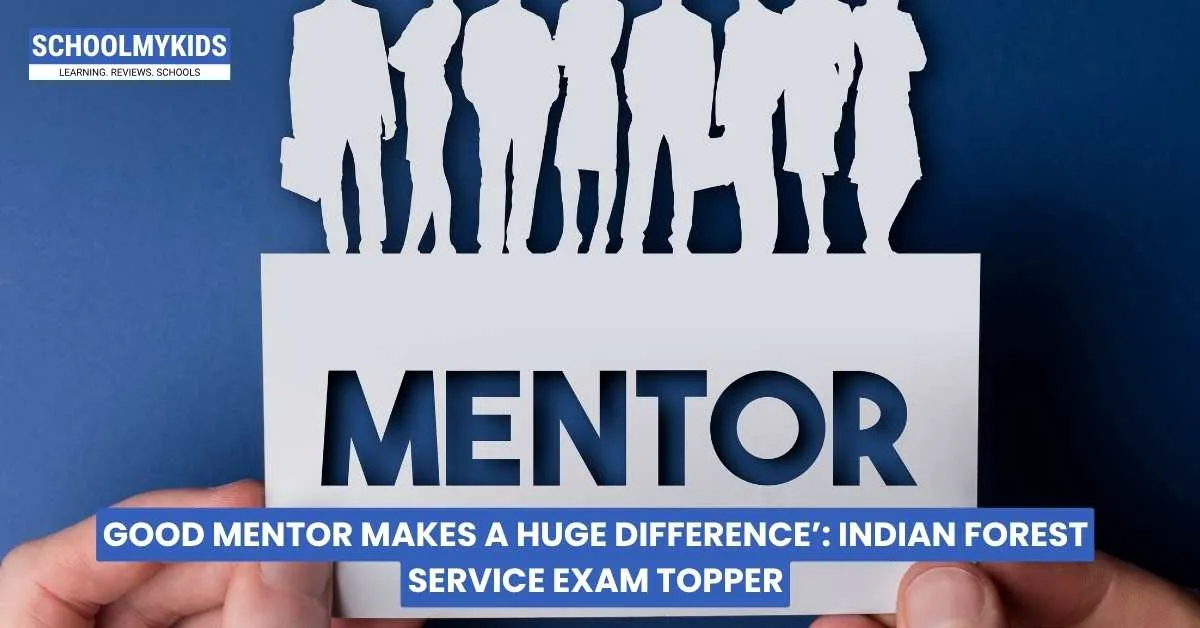From PhD to Preparation: Building on a Solid Foundation
Kanika began her preparation in 2021 after leaving a PhD program in Environmental Science at JNU. With a strong academic background in Zoology and Environmental Science, she naturally gravitated toward Zoology and Forestry—her chosen optional subjects for the Indian Forest Service (IFS) exam.
Three Attempts, Three Lessons
- First Attempt: Cleared Civil Services interview but missed IFS prelims due to steep cutoffs.
- Second Attempt: Fell short again in prelims.
- Third Attempt (2024): Cleared both prelims and mains for Civil and Forest Services, topped IFS but narrowly missed the Civil Services final list.
Her perseverance paid off spectacularly.
Strategic Study Plan: Smart Work Over Long Hours
Balanced Focus: Kanika shifted her planning with experience—prioritizing mains study until December, then pivoting intensively to prelims (MCQs, current affairs, revisions) from January through May.
Rapid Skill-Building in Forestry: Despite starting Forestry preparation only six weeks before the exam, she utilized online courses, topper notes, and past papers, illustrating her knack for efficient learning.
Routine and Resilience: A typical study day included 8–9 hours of focused work—covering core subjects, newspapers, and target practice. She carved out 30–40 minutes daily specifically for CSAT (her weaker area) during the final months.
Mentorship and Digital Tools: Cutting Through the Noise
- Kanika credits her success to targeted mentorship rather than traditional coaching—mentors helped her navigate the information overload and stay focused.
- Leveraging digital platforms, she relied on online lectures, YouTube channels, test-series, and paid courses, especially preparing from her hometown of Ranchi after January 2022.
Mental Strength: Navigating Doubt and Distractions
- Kanika openly discusses the emotional roller coaster—self-doubt after each failed attempt, but never losing determination. Her mantra: “Every attempt teaches you something.”
- She tackled distractions head-on by deactivating social media (Instagram, Facebook) between March and December to maintain focus.
Support System and Hometown Advantage
- Parental Backing: Kanika’s parents—a retired judge and a homemaker—provided daily support and emotional stability during her preparation.
- Ranchi’s Resources: Though she briefly studied in Delhi, she returned to Ranchi’s peaceful environment—using online mock interviews and digital study aids to compensate for limited coaching access.
Guiding Words for Aspirants
Kanika’s message resonates with aspirants across India:“You don’t have to study 14 hours a day. You just need clarity, consistency and some resilience.”She underlines strategic preparation, self-awareness, and honest reflection as the key ingredients for success.
What's Next?
With her appointment as IFS Rank 1 officer, Kanika will soon begin her training as one of the custodians of India’s vast forest ecosystems. She enters the service carrying lessons of adaptability, mental toughness, and smart preparation.
Key Takeaways
| Insight | Description |
| Smart Time Management | Balanced mains, prelims, optional focus in cycles |
| Efficient Learning | Grasped complex subjects quickly with curated resources |
| Mental Well-being | Maintained discipline and emotional resiliency |
| Minimal Coaching Strategy | Used digital tools instead of heavy coaching |
| Support System Matters | Family backing and a peaceful environment played a huge role |
Final Thoughts
Kanika Anabh’s ascent from PhD dropout to IFS topper with third-time resilience exemplifies a broader truth—success in competitive examinations is not reserved for those with access to expensive coaching, but for those with strategy, smart work, mental grit, and unshakable belief.
Her story resonates beyond IFS aspirants. It’s a blueprint for anyone facing setbacks—persistence isn’t just about trying; it’s about learning, adapting, and evolving.








Be the first one to comment on this story.